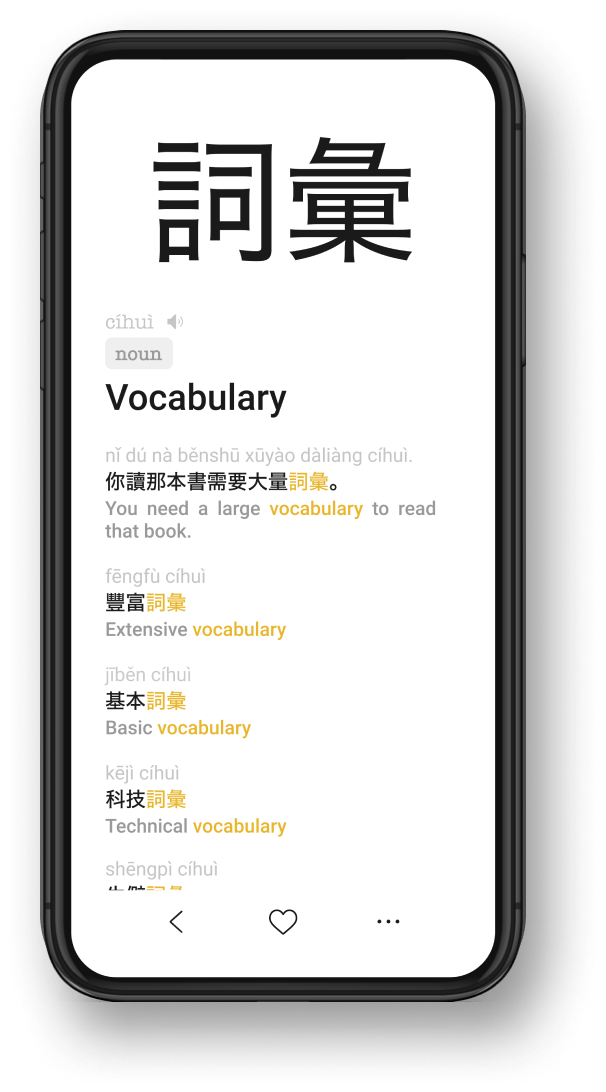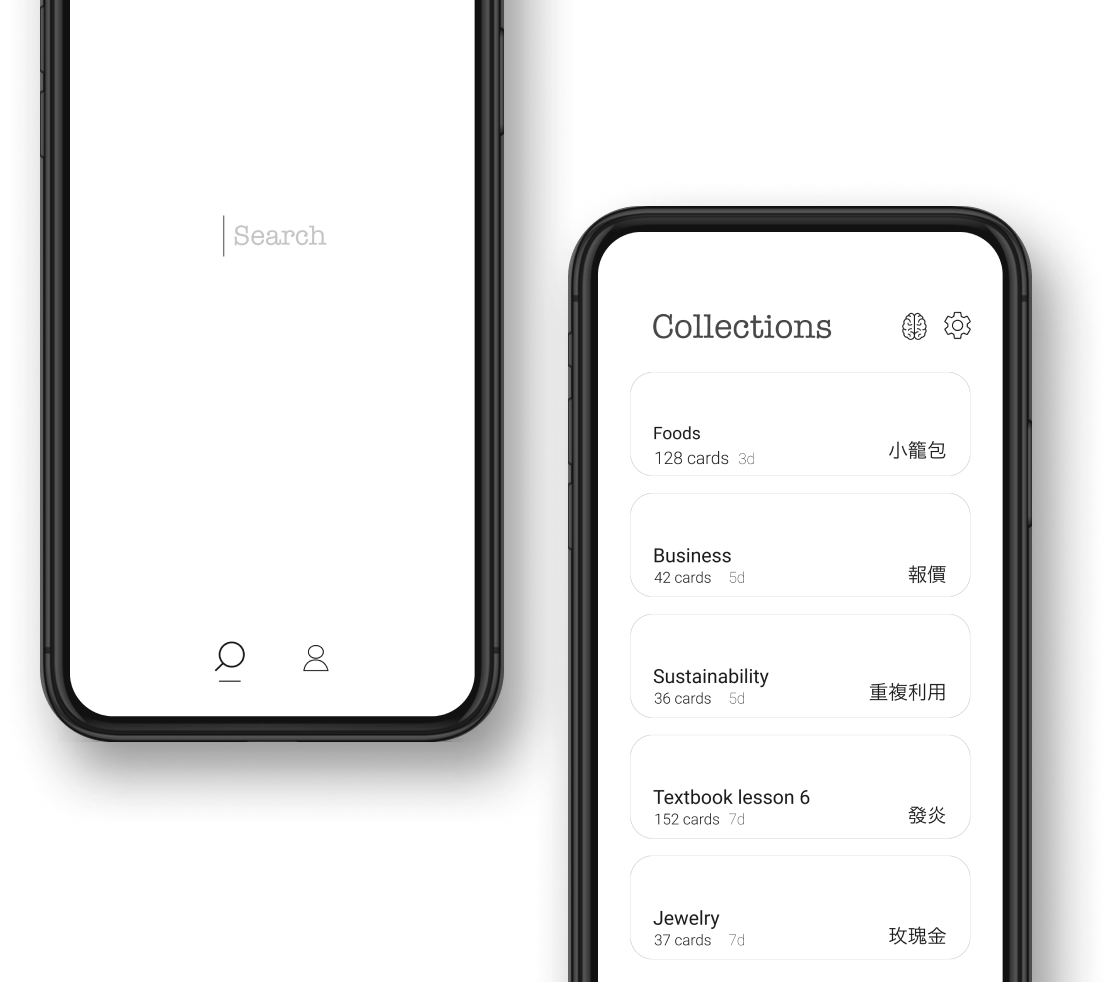Meaning of ná:
拿
old variant of 拿[na2]; to hold; to seize; to catch; to apprehend; to take; (used in the same way as 把[ba3]: to mark the following noun as a direct object); variant of 拿[na2]
Wǒ qù chúfáng ná diǎn shuǐ.
我去厨房拿点水。
I am going to the kitchen to get some water.
Tā yòng shǒu ná zhe yī běn shū.
他用手拿着一本书。
He is holding a book with his hand.
Tā qù ná le yī píng shuǐ.
他去拿了一瓶水。
He went to seize a bottle of water.
Wǒ yòng shǒu bǎ qiú ná zhù.
我用手把球拿住。
I caught the ball with my hands.
Jǐngchá chénggōng de ná zhùle xiánfàn.
警察成功地拿住了嫌犯。
The police successfully apprehended the suspect.
Qǐngwèn, nǐ néng bāng wǒ ná yīxià nà běn shū ma?
请问,你能帮我拿一下那本书吗?
Excuse me, can you help me take that book?
Qǐng nǐ bǎ zhuō shàng de shū ná guòlái.
请你把桌上的书拿过来。
Please bring the book on the table over here.
Tā qù chúfáng ná le yīxiē shuǐguǒ.
她去厨房拿了一些水果。
She went to the kitchen to get some fruit.

